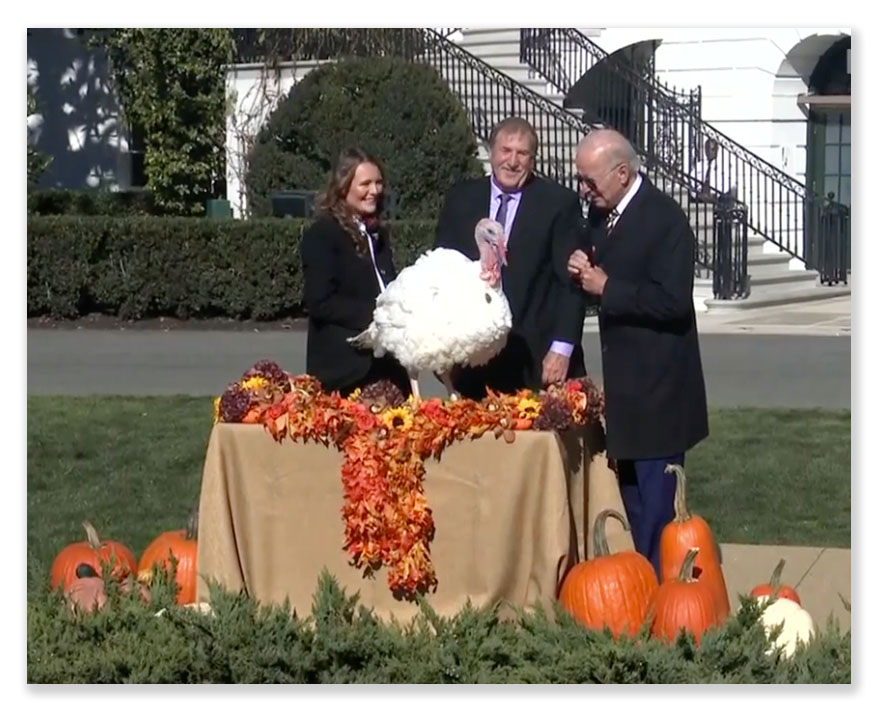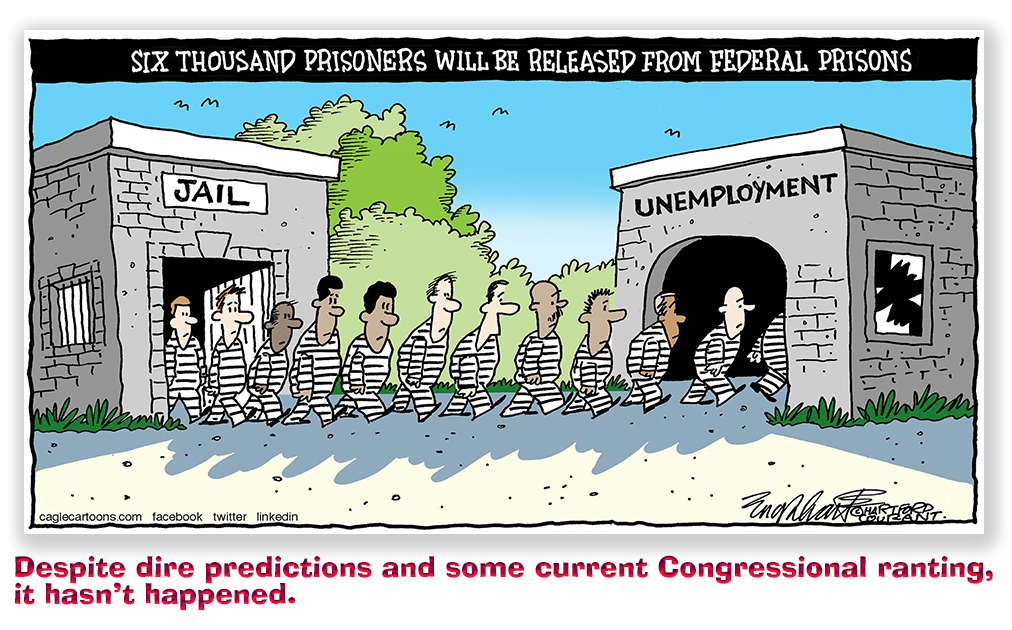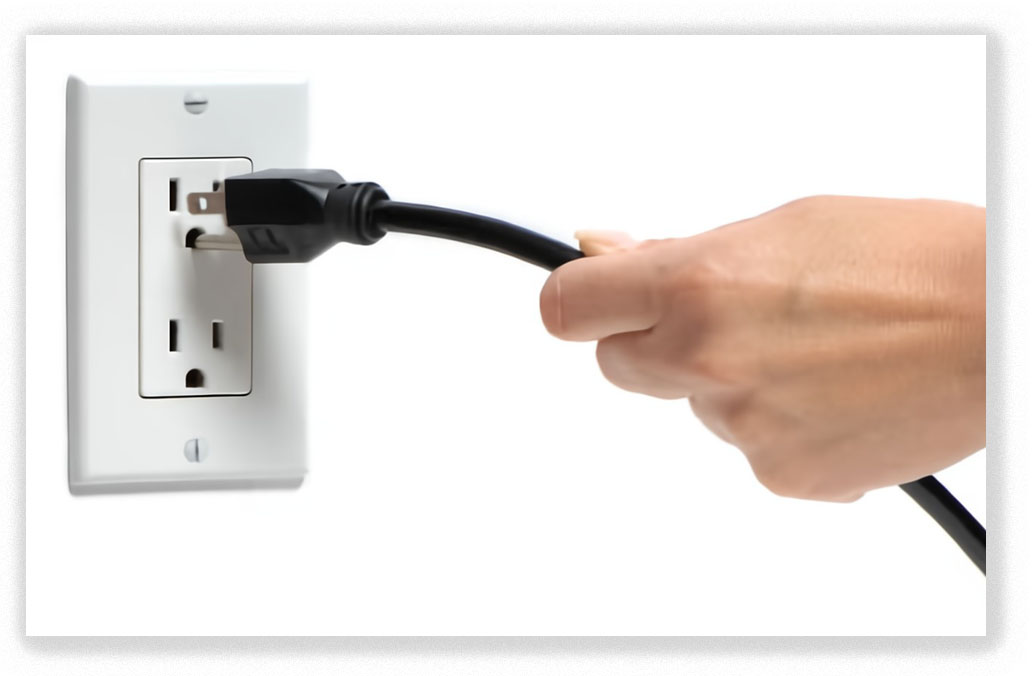We post news and comment on federal criminal justice issues, focused primarily on trial and post-conviction matters, legislative initiatives, and sentencing issues.

WHAT PROFITS A MAN…
 Things were going Mike Romano’s way. He had served about 10 years on a 20-year white-collar offense, with a spotless disciplinary and programming record, when he was sent to CARES Act home confinement in 2022.
Things were going Mike Romano’s way. He had served about 10 years on a 20-year white-collar offense, with a spotless disciplinary and programming record, when he was sent to CARES Act home confinement in 2022.
About a month later, however, the halfway house supervising his home confinement told him to come by the following day. Mike was always compliant with the conditions of his home confinement, so he did so. He soon learned that obeying the rules didn’t count for much. The US Marshals came by and whisked him back to prison without so much as an explanation why, let alone a chance for him to argue against the return.
After he got back to prison (and was released from administrative detention), prison officials told Mike that the reason for the revocation was that he had not yet served 50% of his sentence. Later, the excuse changed: he was returned because a hue and cry had been raised by so many of his fraud victims. That was false as well: no one had complained. Finally, the excuse settled on this: the US Attorney’s Office that had prosecuted Mike a decade before had yipped to the BOP that Mike – who had no criminal history prior to the fraud and a DOJ recidivism rating of “minimum” – was a bad guy who should not benefit from home confinement.
Mike filed a petition for habeas corpus under 28 USC 2241, arguing that he had a protected liberty interest in home confinement that could not be taken from him without first giving him due process, that is, a hearing at which he had notice of why he was being revoked and a chance to argue against the decision.
The District Court decided last week that it lacked jurisdiction to hear the case, doing so in a reluctant decision that excoriated the government for what the court clearly saw as a string of prevarications that would have done Pinocchio proud.
 “Mr. Romano,” the Court wrote, “who had no infractions during his brief time on home confinement, was never given a hearing or any formal process before being returned to custody. The record contains no indication that BOP identified a violation of any condition of release, and the Government does not contend otherwise. Instead, the Government’s position has shifted over the course of this litigation, from categorical ineligibility, to discretionary revocation based on purportedly new victim concerns, to reliance on prosecutorial input. The shifting nature of the Government’s explanations over the past three years—some of which were initially presented to the Court in sworn declarations—has given rise to serious concerns about its candor, particularly in light of the absence of any alleged rule violation or contemporaneous justification in the record.”
“Mr. Romano,” the Court wrote, “who had no infractions during his brief time on home confinement, was never given a hearing or any formal process before being returned to custody. The record contains no indication that BOP identified a violation of any condition of release, and the Government does not contend otherwise. Instead, the Government’s position has shifted over the course of this litigation, from categorical ineligibility, to discretionary revocation based on purportedly new victim concerns, to reliance on prosecutorial input. The shifting nature of the Government’s explanations over the past three years—some of which were initially presented to the Court in sworn declarations—has given rise to serious concerns about its candor, particularly in light of the absence of any alleged rule violation or contemporaneous justification in the record.”
The court noted that “[t]his sequence of events—release, compliance, revocation without explanation, and eventual exclusion from clemency—raises serious due process and liberty concerns. At a minimum, the record reflects institutional miscommunication, inconsistent representations to the Court, and a complete lack of transparency in the process by which Mr. Romano was returned to custody. Whether the Court has jurisdiction to review this matter is a question of law the Court addresses below. But the handling of Mr. Romano’s revocation calls into question the fairness and transparency of the entirety of the underlying process.”
 At the time Mike was sent to CARES Act home confinement, he had served 47% of his sentence. The BOP told him upon his return to custody that he needed 50%, but the Court declared this to be “facially incorrect: the CARES Act placed no such categorical restriction, and internal BOP guidance had already accounted for the length of time served in determining Mr. Romano’s eligibility.” The government then changed its argument, contending that “new victim concerns that were purportedly raised after his release” resulted in the cancellation of his home confinement. The Court doubted that canard when it was raised, and ordered discovery. It was only then “that a different account emerged. According to subsequent BOP disclosures,” the Court wrote, “Mr. Romano’s revocation was prompted by communications from the United States Attorney’s Office… which expressed what one official described as “extreme concerns” about Mr. Romano’s release.”
At the time Mike was sent to CARES Act home confinement, he had served 47% of his sentence. The BOP told him upon his return to custody that he needed 50%, but the Court declared this to be “facially incorrect: the CARES Act placed no such categorical restriction, and internal BOP guidance had already accounted for the length of time served in determining Mr. Romano’s eligibility.” The government then changed its argument, contending that “new victim concerns that were purportedly raised after his release” resulted in the cancellation of his home confinement. The Court doubted that canard when it was raised, and ordered discovery. It was only then “that a different account emerged. According to subsequent BOP disclosures,” the Court wrote, “Mr. Romano’s revocation was prompted by communications from the United States Attorney’s Office… which expressed what one official described as “extreme concerns” about Mr. Romano’s release.”
Ultimately, the District Court ruled that Mike’s petition
must be dismissed for lack of jurisdiction because it does not challenge the fact or duration of his confinement, or the execution of his sentence in any way that is subject to judicial review as defined by current precedent. Rather, it challenges the BOP’s discretionary decision to revoke a particular placement—that is, to require Mr. Romano to serve his custodial sentence at [a BOP facility] rather than at home under the temporary authority conferred by the CARES Act. That decision, however unfair or unjust it appears to be, does not alter the amount of time Petitioner must serve, nor is it inconsistent with the sentencing court’s judgment. It therefore falls outside the scope of § 2241.
Home confinement is merely a “change in the location where the inmate serves his sentence,” the Court said, still within BOP custody but “simply a less restrictive site of confinement.”
The Court also rejected the theory that a § 2241 petition could challenge the BOP’s abuse of discretion in revoking the home confinement. The Court admitted that it tended to agree with a line of cases permitting “limited review of BOP actions that are so arbitrary or capricious as to violate due process,” it found that because those decisions were based on a case in which the BOP decision effectively extended the petitioner’s federal custody beyond what the sentencing court intended. Here, Mike’s overall sentence remained unaffected, with only the question of where he would serve it at issue.
The Court concluded:
To be sure, Mr. Romano’s revocation appears to have been unfair, unjust, and done without any process. As such, there can be no doubt that it raises legitimate concerns. The record suggests that his home confinement was revoked not due to any misconduct or change in eligibility, but rather because of pressure from prosecutors after the fact. The Government has offered multiple, inconsistent explanations for its decision, and admits that it afforded Mr. Romano no process whatsoever. But troubling facts do not create jurisdiction where none exists. Federal courts are courts of limited jurisdiction. Where, as here, Congress has committed a decision to the unreviewable discretion of the BOP—see 18 U.S.C. 3621(b)(5)… —§ 2241 offers no basis for judicial intervention.
So the government won. But as Jesus once asked, “For what is a man profited, if he shall gain the whole world, and lose his own soul?” Some government lawyers and BOP officials may be about to find that out.
 The day after the Court’s decision, the District Judge ordered the government to show cause why its attorneys and witnesses should not be punished for their falsehoods. Two BOP employees who provided affidavit were told to “submit sworn statements by May 8, 2025, explaining the sources of information on which they relied for the factual assertions made in their declarations and the steps they took to ensure the accuracy of those statements prior to submitting them to the Court under penalty of perjury.”
The day after the Court’s decision, the District Judge ordered the government to show cause why its attorneys and witnesses should not be punished for their falsehoods. Two BOP employees who provided affidavit were told to “submit sworn statements by May 8, 2025, explaining the sources of information on which they relied for the factual assertions made in their declarations and the steps they took to ensure the accuracy of those statements prior to submitting them to the Court under penalty of perjury.”
After that filing, the Court said, government lawyers must “appear in person” before the Court to “show cause as to why sanctions should not be imposed.”
Romano v. Warden, Case No. 23-02919, 2025 U.S. Dist. LEXIS 78025 (D.N.J. April 24, 2025)
Order to Show Cause (ECF 71), Romano v. Warden, Case No. 23-02919 (D.N.J. April 25, 2025)
– Thomas L. Root











 Writing in
Writing in













